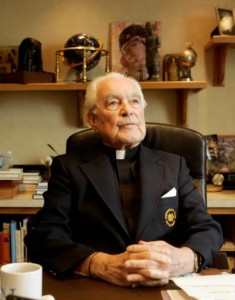Dear Commons Community,
The New York Times editorial yesterday cautioned the Republican Party that the anti-union moves of GOP governors is at odds with its hopes to appeal to middle class voters and workers in general. It described the situation as follows:
“The Republican-dominated Senate in Wisconsin passed a bill this week to weaken the state’s private-sector unions. Similar to “right-to-work” laws in 24 other states, the bill would prevent unions from requiring dues or other fees from workers they represent in collective bargaining, a crippling constraint. The Republican-run State Assembly is expected to pass the bill next week, and Gov. Scott Walker, who stripped Wisconsin’s public employees of collective bargaining rights in 2011 and is now eyeing the Republican presidential nomination, has said he would sign it.
In a nation where the long decline in unions has led to a pervasive slump in wages, Republicans’ support for anti-union legislation is at odds with their professed commitments to helping the middle class. Right-to-work laws do not attract businesses and create jobs, as proponents claim. Rather, they are linked to lower wages, fewer benefits and higher poverty. They win support among conservative lawmakers not because they are in the public interest but because cutting labor costs is a priority of far-right groups like the American Legislative Exchange Council, which is tied to the Koch brothers. The Wisconsin bill is almost verbatim from a model provided by ALEC.
Wisconsin is hardly alone; 13 other states have pending right-to-work bills, and in Illinois the Republican governor is trying to disable the state’s public unions by executive order. In addition, at the behest of the construction industry, legislation is pending in 18 states to repeal “prevailing wage” laws, which require private-sector bidders on taxpayer-financed construction projects to pay wages that are in line with those for comparable work in the locality. Prevailing wage laws, which are enforced by federal statute on federal projects and by 32 states on state projects, prevent lowball bids from depressing wages. Without them, taxpayer money would be routed away from workers’ paychecks and into corporate coffers.
One question is whether the maneuvering in the presidential race will tip the scales one way or the other between the pro- and anti-union forces. As has been the case in recent years, eyes are on Wisconsin to see if Republicans, including Mr. Walker, will continue to attack unions even as they profess to stand for good jobs.”
It seems to me that the Democrats will make a lot of this in the presidential elections next year.
Tony



